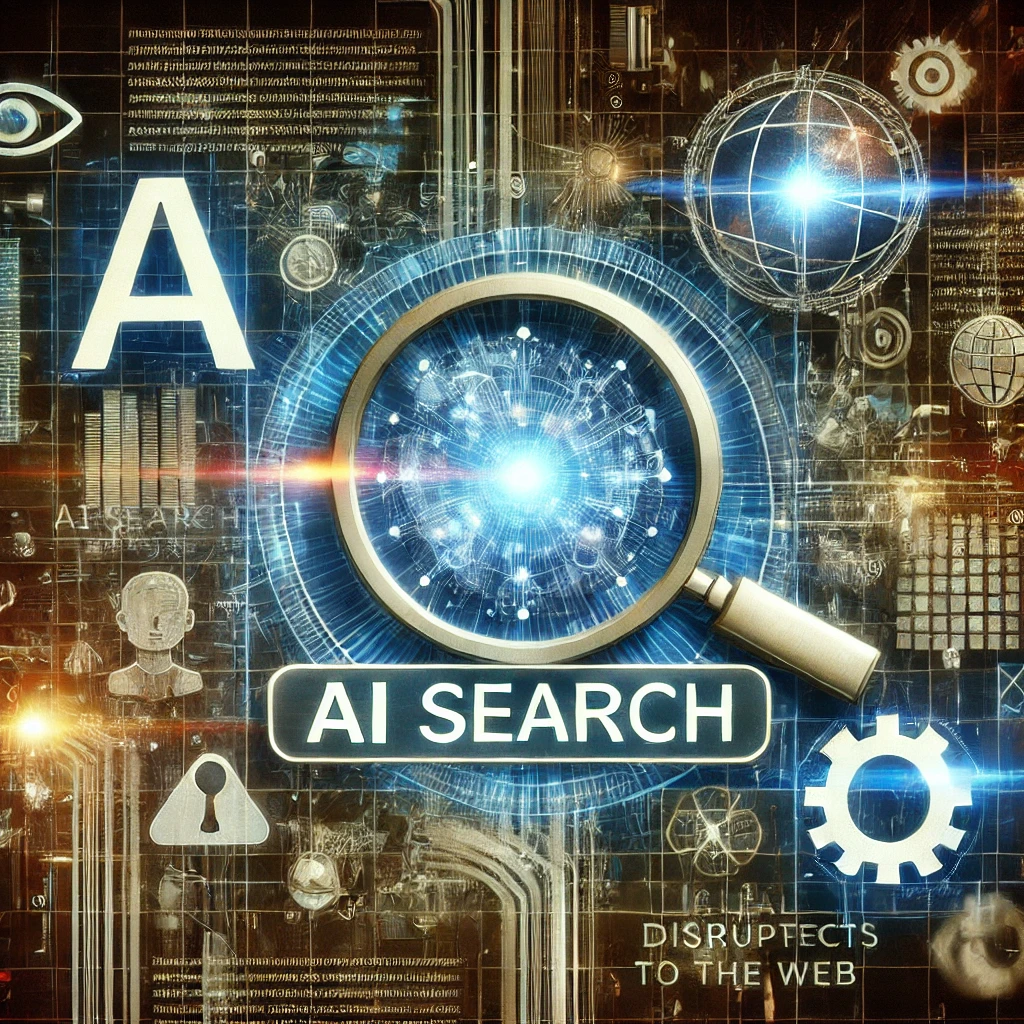The rise of AI-powered search engines is transforming how users interact with the web, but experts are warning that this shift could also have disruptive consequences for the internet ecosystem. As AI-based models take on a larger role in directing traffic and curating content, concerns are growing over the potential impact on web infrastructure, online businesses, and information reliability.
Unlike traditional search engines that primarily index pages based on relevance, AI-powered search tools can generate unique responses, reshaping the user experience but also diverting traffic from original content sources. For news sites, blogs, and other content creators, this shift could lead to a drop in web traffic, challenging the ad revenue model that many sites rely on. Some worry that if users increasingly rely on AI-generated answers, it could undermine the open web’s diversity and accessibility.
Additionally, the complexity of AI models poses challenges in terms of transparency and trust. AI systems are not immune to misinformation, and with fewer users visiting the source sites, fact-checking and verifying information could become harder, potentially spreading inaccuracies more widely.
Industry leaders are debating how to balance the convenience of AI-powered search with the need to preserve the web’s integrity. While AI has the potential to greatly enhance search functionality, finding a model that supports a healthy digital ecosystem will be critical in ensuring the internet remains a robust and reliable resource.


